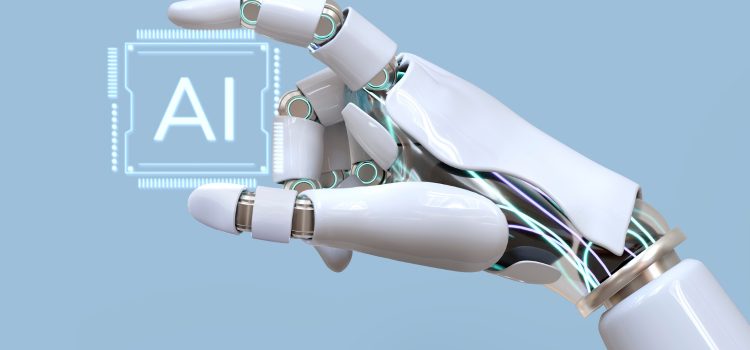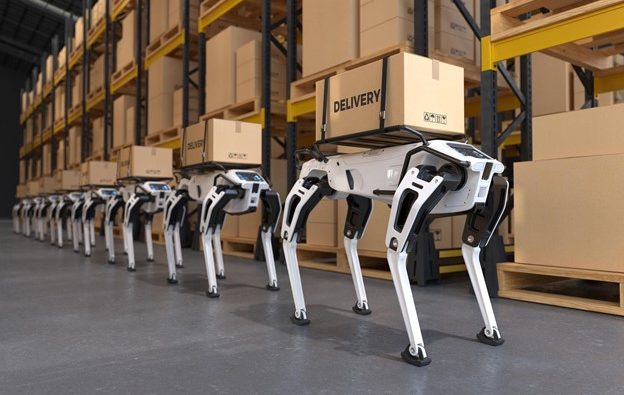
AI for Good or Evil? The Impact of Artificial Intelligence on Climate Change
Introduction
Meet John Doe, a seasoned tech philosopher with a decade of experience in artificial intelligence and its ethical implications. His work focuses on the intersection of technology and morality, particularly how AI impacts our environment. His insights into how AI can be a force for good or evil in the fight against climate change are enlightening.
Understanding Artificial Intelligence
Artificial Intelligence (AI) is a branch of computer science that aims to create machines capable of mimicking human intelligence. It’s a broad field encompassing various subfields, including machine learning, where algorithms learn from data, and natural language processing, which enables machines to understand and respond to human language.
The Double-Edged Sword: AI’s Potential for Good and Evil
AI is a double-edged sword. On one hand, it has the potential to revolutionize industries and solve some of the world’s most pressing problems, including climate change. For instance, AI can optimize energy use in buildings, reducing greenhouse gas emissions. On the other hand, if not used responsibly, AI can exacerbate these very issues. For example, the energy consumption of data centers running AI models can contribute to carbon emissions.
AI’s Role in Exacerbating Climate Change
AI’s carbon footprint is a growing concern. Data centers, which power much of our AI, consume vast amounts of energy, contributing to greenhouse gas emissions. Moreover, AI’s predictive capabilities can be used to exploit natural resources, leading to overconsumption and environmental degradation. For instance, AI algorithms can predict where to find valuable minerals, potentially leading to increased mining and habitat destruction.

Harnessing AI for Climate Change Mitigation
Despite these challenges, AI can play a crucial role in mitigating climate change. AI can predict weather patterns with unprecedented accuracy, helping us prepare for extreme weather events caused by climate change. It can also optimize energy consumption in buildings and vehicles, significantly reducing greenhouse gas emissions. Moreover, AI can help monitor deforestation and track wildlife populations, aiding conservation efforts.
Ethical Considerations in AI’s Application to Climate Change
As we harness AI to combat climate change, we must also consider the ethical implications. Who gets to decide how AI is used? How do we ensure that AI is used for the benefit of all, and not just a select few? These are complex questions without easy answers. However, it’s crucial that we consider them as we navigate the path forward.
The Future of AI in Climate Change: Opportunities and Challenges
The future of AI in climate change is both exciting and daunting. While AI presents us with unprecedented opportunities to combat climate change, it also poses significant challenges. As we move forward, we must navigate these challenges with care, ensuring that our use of AI is both ethical and sustainable.
Table: Impact of AI on Climate Change
| Potential Positive Impacts | Potential Negative Impacts |
|---|---|
| Predicting weather patterns | High energy consumption |
| Optimizing energy consumption | Exploitation of natural resources |
| Monitoring deforestation | Increased e-waste |
In conclusion, AI has the potential to be a powerful tool in our fight against climate change. However, we must use it responsibly, considering both its potential benefits and its ethical implications. As we continue to explore the role of AI in climate change, let’s strive to use this technology for the benefit of all, not just a select few. Let’s remember that the goal is not just to use AI, but to use it wisely.










